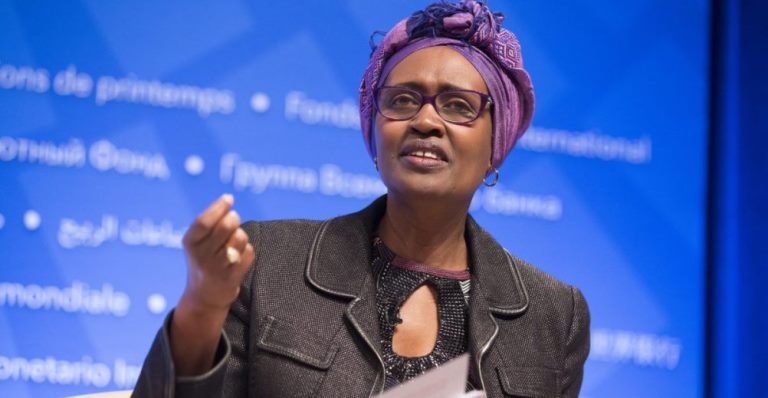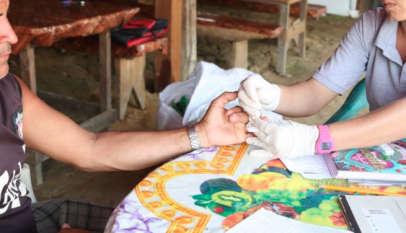World AIDS Day 2019: Communities best hope for ending HIV/AIDS – UNAIDS
Executive Director of the Joint United Nations Programme on HIV/AIDS (UNAIDS) Winnie Byanyima has said communities could be the best hope for ending AIDS around the globe, in a press statement on the occasion of the 2019 World AIDS Day.

The global community on Sunday commemorated the 2019 World AIDS Day under the theme: “Communities make the difference.” The annual event which was first observed in 1988 is aimed at increasing awareness and knowledge about the Human Immunodeficiency Virus and Acquired Immuno-deficiency Syndrome (HIV/AIDS) as well as recognizing the role of communities in ending the scourge around the world.
“On World AIDS Day [2019], UNAIDS salutes the achievements of activists and communities in the struggle against HIV. We remember and we honor all those whom we have lost along the way. Activists challenged the silence and brought life-saving services to their communities. But the countless contributions by women and many others can never replace the responsibility of governments,” said Byanyima.
She noted that communities – women, activists, gay men, and sex workers – were the best hope for ending AIDS because they had consistently fought against HIV right from the beginning. “As the epidemic raged through our countries, cities, villages, women held communities together and bore the higher burden of care for their families. [But] for far too long we have taken their volunteerism for granted,” she noted.
WHO believes communities were a unique force behind the success of the HIV response. According to WHO, out of the 37.9 million people living with HIV globally at the end of 2018, 79% received testing, 62% received treatment while 53% had achieved suppression of the HIV virus with reduced risk of infecting others. “Without communities, 24 million people would not be on treatment today. Without communities led by women living with and affected by HIV, we would not be close to ending new HIV infections among children, raising orphans and caring for the sick,” added Byanyima.













